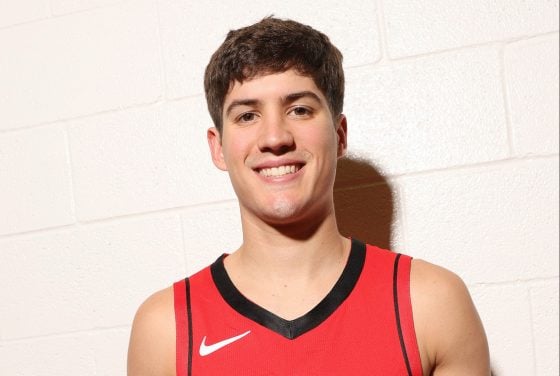We’ve evolved as a basketball-consuming public. Monikers like “winning player,” “intangibles,” and “clutch gene” are still around, but they are subservient to efficiency metrics, advanced box score calculations, and expected shooting percentages. On balance, teams, fans, and analysts don’t make decisions based on “vibes” anymore. We have better stuff now.
But sometimes, it is important to pare things down to their barest state. The Boston Celtics have been struggling mightily, and while there are tons of advanced reasons for that, there is a very simple one: everyone not named Jayson Tatum, Jaylen Brown or Kristaps Porzingis haven’t been scoring. And while there are thousands of reasons why that could be, that scoring has to improve if the Celtics want to.
Here are the Celtics’ four most relevant not-top-3 guys, paired with their scoring averages in the last 10 games:
Al Horford: 6.1 ppg
Payton Pritchard: 9.7 ppg
Jrue Holiday: 8.4 ppg
Derrick White: 10.0 ppg
Thought experiment: if we can pencil in Brown, Tatum and Porzingis for 60 points on a given night — which we can’t necessarily do, but it’s even a slight underestimation given their averages — adding the rest of the guys’ numbers gets you to 94 points from the Celtics’ seven most relevant players, roughly 20 to 30 points below where they need to be to win a basketball game.
Not only is this number not big enough, it’s also the best-case scenario. If we factor in one single injury, such as to Porzingis, scoring is falling off a cliff. Not good.
You could argue that guys are just missing shots, which they definitely are, but there’s also a question of overreliance on unreliable scoring sources. Payton Pritchard was arguably the Celtics’ fourth-or-third most important offensive player the whole time Porzingis was out, and now he’s not even providing double figures. That shouldn’t be a problem, but Holiday and White aren’t picking up the slack.
Possibly the most concerning trend, though, is Horford’s precipitous fall off as a reliable source of points. He’s shooting five percent worse from three this season on only marginally higher volume, and any decline in Horford’s scoring ability may not be merely mental; he’s 38, and a decrease in output, while expected, may be permanent.
In short, the Celtics are not scoring enough points whatsoever. This is an extremely simple and incomplete way to understand why the Celtics have been losing, but it is a useful window nonetheless. There are countless reasons why they aren’t scoring enough, but sometimes you need a simple solution before you break it down into smaller parts.
That’s because we don’t even know exactly what is wrong, let alone exactly how to fix it. The Celtics look unfocused and sloppy, but trying to fix everything may be the enemy of progress. Everything needs help, from defense to execution to rebounding. But in the modern NBA, where stopping… anyone is harder than it has ever been, all of that is subordinate to scoring. Thus, focusing simply on scoring more may be the secret to turning this ship around.






